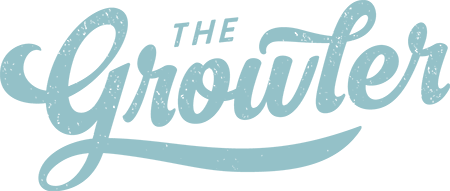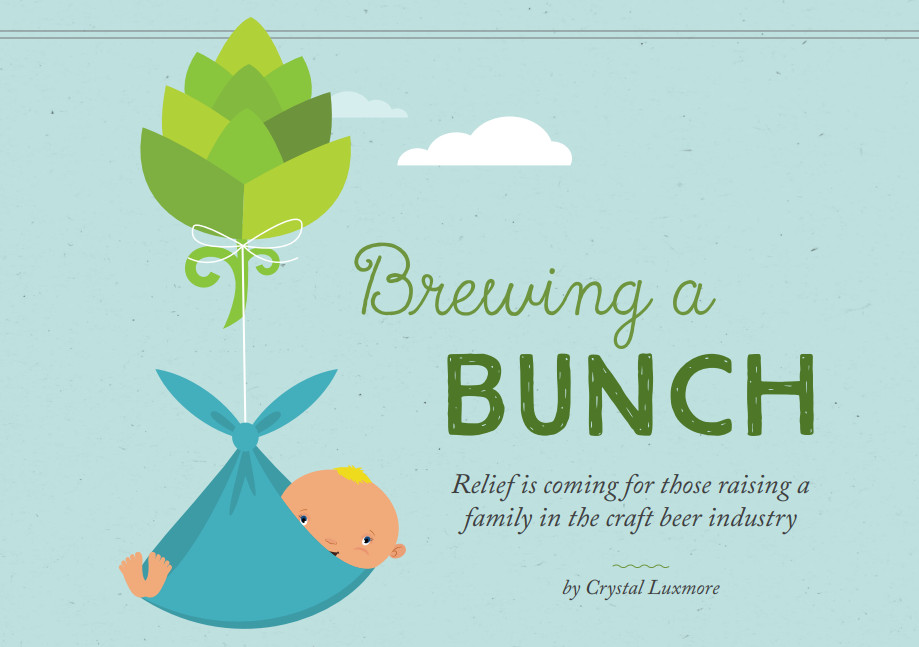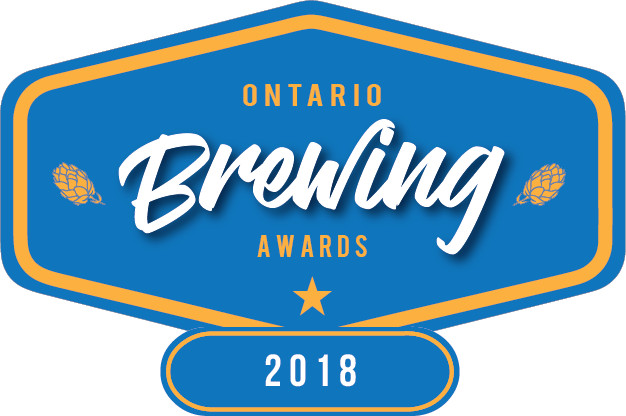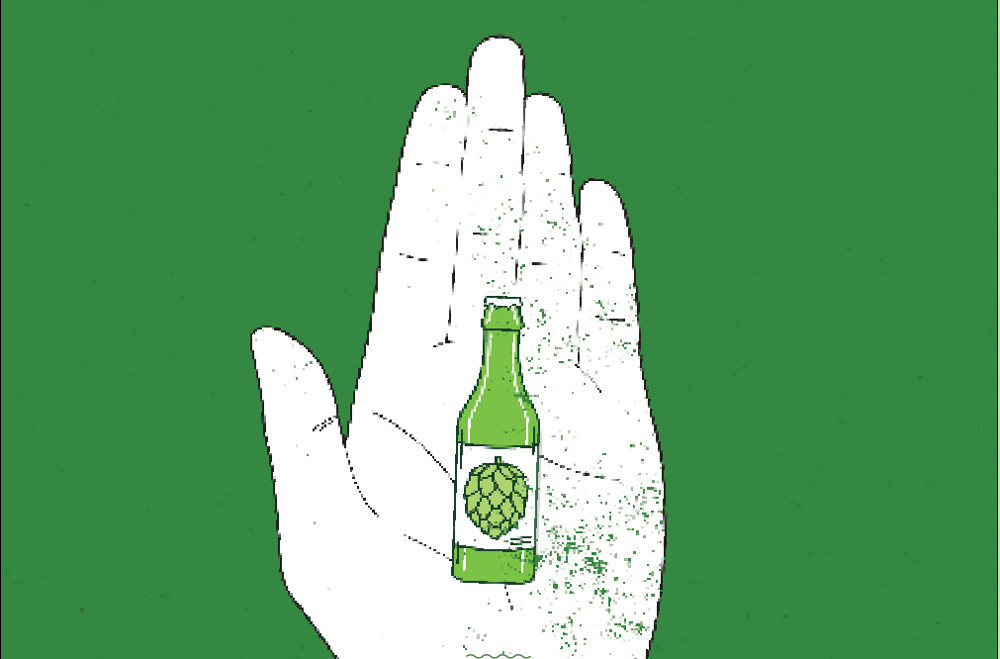The state of import beer in Ontario

File photo
Here in Ontario we’re spoiled for choice. With over 350 breweries and a substantial loosening of prohibition-era alcohol retail laws, we now have the ability to find great beer more easily than ever before. But where the pandemic has spurred modest growth for our local breweries, it’s all but collapsed another pillar of the beer market altogether— imports.
Last year, according to Beer Canada, import beer sales declined a whopping 25.5% nationally and they now only make up just 18% of overall beer sales in the province. The consequences of this shortfall are still reverberating and likely won’t be understood for some time. Import agencies are learning to adapt to this new normal. After all, the work that goes into getting that bottle of Orval on the shelf at your local LCBO is more complicated than you think.
Here in Ontario, importers are considered “agents” for breweries abroad looking to sell their wares through the LCBO, who centrally control all alcohol retail sales. Think of agencies as a hands-off conduit, facilitating the submission, importation, and sale of the beer through the LCBO’s tightly controlled and heavily regulated retail system.
“Our hands don’t touch anything,” says Matt Mullin, who works for Von Terra, a licensed agent who represents various wines, spirits, and beer brands like Driftwood and Sierra Nevada. “Their mandate is to be a one stop shop for everything.” This approach means Mullin and reps like him need to get creative in order to find shelf space at the LCBO, where beer captains are likely to populate their limited shelf space with safe bet beer brands their customers already know.
“The reality of the program is that we are only buying 300 to 500 cases of product for a 12 week selling season. Ten products per season,” writes John Tyler, Product and Category Manager for beer imports for the LCBO. Those numbers mean import agents are encouraged to bring in large volume brands who can meet that demand. All of this is made more complicated by the fact that all imported beer must go through lab testing, meet CFIA labeling standards, and adhere to specific packaging that can withstand the unique rigours of the LCBO’s fully automated warehouse in Durham. If you plan on bringing in kegged beer, an agent will also need to go through an approved “keg distributor,” of which there are only a handful.
With breweries left overhauling their packaging and labeling, it’s no wonder many of the world’s best are reluctant to enter the market. Even celebrated brands that do make a go of it aren’t guaranteed a listing.
“I’ve submitted flagship beers from breweries very solidly in the top half of the ratebeer Top 100 list only to have them rejected by the LCBO before even reaching the tasting panel,” laments Chris Craig-Neil, whose one-man-band Coolship Imports brings in brands like Siren from the UK, and the esoteric beers of Põhjala from Estonia. “I think people would be surprised as to just how many top global craft breweries are trying to get into Ontario, but are being turned down by the LCBO.”
If a beer gets the green light from the LCBO’s panel of tasters, passes lab testing, and gets successfully imported into Ontario, it then faces an added hurdle at the retail, store-to-store level. Mullin explains it this way: “When you ask people ‘who are the pioneers of craft beer?’ They’ll say Creemore or they’ll say Mill Street [instead of Sierra Nevada or Stone].” Although many understand the nuances, history, and importance of certain Burgundian wines and Kentucky Bourbons, few store buyers are oriented in the world of craft beer in the same way. Robbed of its story as the progenitor of craft beer, Sierra Nevada Pale Ale becomes just another solid Pale Ale.
The global pandemic has only further complicated matters. “This year we’ve been screwed because of the supply chain issues,” Kyle Osland tells me. He’s the Provincial Sales Manager for Horizon Beers, representing brands like Rochefort, Orval, and St. Bernardus among others. “Freight rates will likely double. Right now we’re paying $11.50 per case from Belgium but that’ll likely be closer to $20 this year.” Everything from aluminum cans to shipping pallets to containers are in shorter supply, causing unforeseen delays or canceling orders altogether. If an import agent has a listing at a store but no beer to supply stores with, beer captains are understandably quick to give that opportunity to products that are available.
For all the system’s challenges, Osland is noticeably positive about the current state of the import business. “The specialty import market is actually up” says Osland. He ties the severe drop in import sales volume to bigger brands like Spaten, Lowenbrau, and Stella Artois opting to contract the production of their beer locally. “Diversity of availability is something Ontarians deserve but they also deserve a stable system to bring that in.”
This stability has given the LCBO license to use their massive buying power to help supply stores with incredibly affordable, world class imports. For example: Orval, arguably the best Trappist beer in the world, which retails here for $4.95, often sells for almost double the price in the US (and that’s before the exchange rate kicks in). More importantly, almost 2.4 billion dollars worth of revenue from the LCBO gets funneled back into the province’s coffers every year. “Whenever people complain about the LCBO, I don’t get it. The logistics department is super capable—they just work in a horribly bureaucratic system.”
Every agent agrees that the LCBO’s newly modernized consignment program and the potential loosening of interprovincial trade on the horizon has changed the game substantially. With agents now able to bring in smaller volumes of niche, specialty brands it’s given their businesses a new lease on life—at least that’s how Craig-Neil sees it. “I think we are only now seeing the very early stages of the evolution of the retail landscape in Ontario, and as a consumer and beer drinker as much as an importer, I’m excited for what the next few years will bring.”




